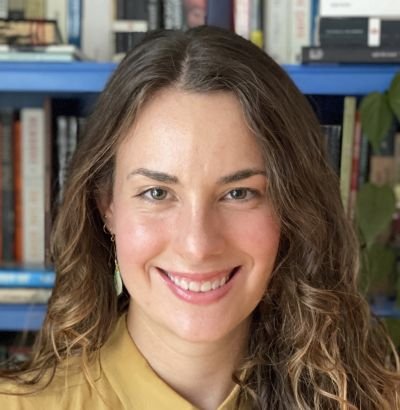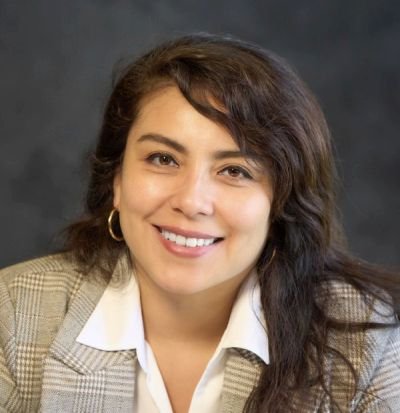Engaged Humanities Postdoctoral Fellows
Launched in AY24 as a biennial opportunity, the Humanities Center, in partnership with the Engaged Humanities Network and Office of Research, supports two postdoctoral fellows whose work combines publicly-engaged research, programming, curriculum development and teaching within their 2-year appointment.
Meet the current postdoc fellows

Lauren Cooper, Ph.D. - English
lacooper@syr.edu
Bio: Lauren Cooper (she/her)
Lauren Cooper (she/her) received her PhD in English from Syracuse University in May 2024. She is currently working on a book project, Climate Justice Before the Anthropocene: How Inclement Weather Shaped British and Irish Romanticism, which uses climate history to trace emergent conceptions of environmental justice in canonical and lesser-known works of British and Irish Romantic literature. Her research examines colonialism and the slave trade, class, gender, landscape aesthetics, changing conceptions of wastelands and wildernesses, and crucially, early discourses of environmental justice. She serves as a Community Program Director for Write Out programming at Girls Inc. and a collaborator with Environmental Storytelling Central New York. She is thrilled to have the opportunity to continue to develop these engaged humanities initiatives within the Syracuse community as an Engaged Humanities Postdoctoral Fellow and to take on a new role helping to grow EHN undergraduate research.

Miryam Nacimento, Ph.D. - Cultural Anthropology, City University of New York (CUNY)
mdnacime@syr.edu
Bio: Miryam Nacimento's doctoral dissertation, "Coca Mestiza: Small farmers, Multiculturalism, and the War on Drugs in Colombia" provides the basis for her first book project--an ethnographic account of the political struggles of impoverished small-scale farmers who cultivate illicit coca in Colombia, a sacred plant from the Andes but also the base of cocaine. The book follows these farmers as they resist state criminalization and confront violence from nonstate armed actors involved in the drug trade.
Her future research extends this focus to the Peruvian Amazon, where she examines the impacts of expanding illicit economies on the Ticuna people, an Indigenous community in the Loreto region. This project investigates how the emergence of a coca frontier economy has led to land grabbing, forced displacement, and profound forms of cultural loss for the Ticuna. Nacimento draws on her ethnographic expertise and commitment to community-engaged research to amplify the voices of communities often excluded from dominant narratives through her work with the Engaged Humanities Network. She is currently in the second year of a two-year appointment and received a Vice President for Research’s Postdoctoral Award for Excellence in Research and Creative Work in Fall, 2025!
Read Miryam's article: The Russia-Ukraine War and the Peruvian Agrarian Crisis (8/5/24 - Wiley Library)
